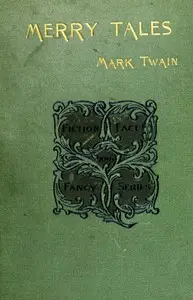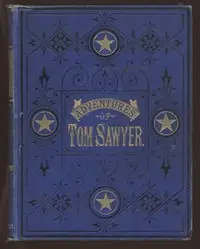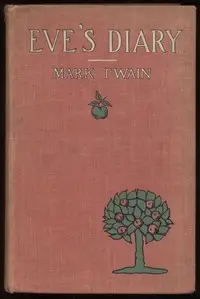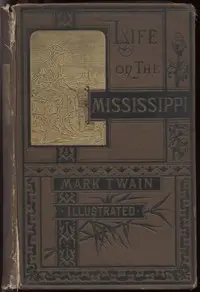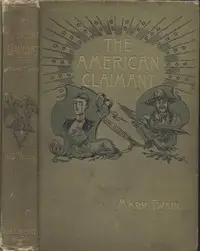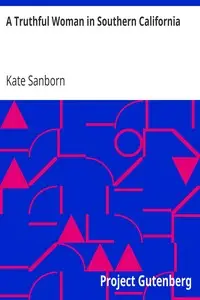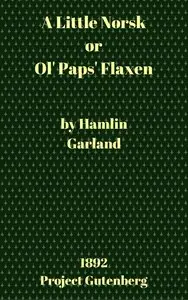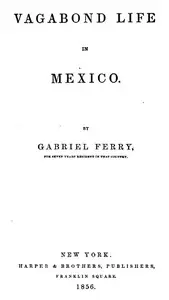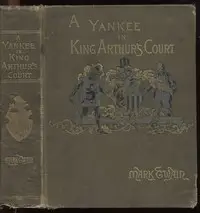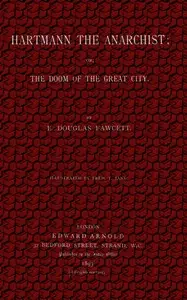"A Connecticut Yankee in King Arthur's Court, Part 2" by Mark Twain is a satirical novel written during the late 19th century. The book follows an American engineer, Hank Morgan, who is transported back to the time of King Arthur in England. This unique story explores themes of technology, social class, and the impact of modernity on medieval society. In this segment of the novel, Hank Morgan has solidified his power as a "Yankee" wizard in Camelot after successfully convincing the populace of his magical abilities, particularly following a miraculous feat involving an eclipse. His authority grows, and he finds himself at odds with the traditional magic of Merlin, whom he ultimately imprisons. As he navigates his role as a leader in the sixth century, Hank begins implementing progressive changes, such as establishing a patent office, schools, and modern industry, in an effort to foster civilization and combat backwardness. Despite his significant influence and innovative ideas, he recognizes the challenge posed by the established Church and the ingrained social hierarchy, leading him to reflect on the absurdity of a society so devoted to its unjust systems. Throughout this part, Twain humorously critiques both medieval culture and the romantic notions held about it, while highlighting the contrasts between progress and tradition. (This is an automatically generated summary.)
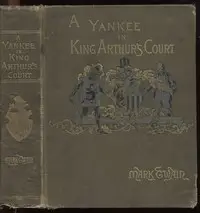
A Connecticut Yankee in King Arthur's Court, Part 2.
By Mark Twain
"A Connecticut Yankee in King Arthur's Court, Part 2" by Mark Twain is a satirical novel written during the late 19th century. The book follows an Ame...
Samuel Langhorne Clemens, known by the pen name Mark Twain, was an American writer, humorist, and essayist. He was praised as the "greatest humorist the United States has produced," with William Faulkner calling him "the father of American literature." Twain's novels include The Adventures of Tom Sawyer (1876) and its sequel, Adventures of Huckleberry Finn (1884), with the latter often called the "Great American Novel." He also wrote A Connecticut Yankee in King Arthur's Court (1889) and Pudd'nhead Wilson (1894) and cowrote The Gilded Age: A Tale of Today (1873) with Charles Dudley Warner.

